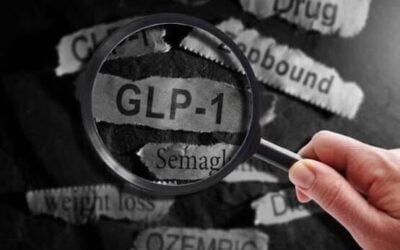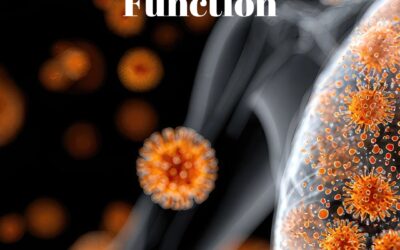Node Smith, ND
There is a new technique that has been developed which will allow the application of plant extracts – like tea tree oil – as a biologically active coating for medical devices. It is thought that this new coating could help prevent millions of infections by preventing biofilms from growing on medical hardware.1 The research scientists are from James Cook University in Australia.
Upsurge in unplanned surgeries to fight infections caused by bacterial contamination spurs this process
The process has been born out of an increase in unplanned surgeries to fight infections caused by bacterial contamination of medical devices. “Biofilms” form on medical devices in hospitals and other care facilities, which have begun to cause quite the epidemic in hospital-acquired infections.
17 million biofilm-related bacterial infections occur each year in the U.S.
In the United States it is estimated that 17 million biofilm-related bacterial infections occur each year, ending in around 550,000 deaths. Upwards of 80 percent of surgery-associated infections may have to do with biofilms. The use of plant secondary metabolites (PSMs) may be able to help.
Plant secondary metabolites (PSMs)
By converting PSMs into a polymer coating for medical devices – including implants – the broad-spectrum microbial actions of these herbal compounds can be utilized to prevent biofilm formation. The use of herbal compounds is more desirable than pharmaceutical antibiotics because bacteria are growing increased resistance to many antibiotic agents used in medicine.
How it works
Dr Katia Bazaka, adjunct senior research fellow and team member comments on the process: “We used plasma-enhanced techniques within a reactor containing the essential oil vapours. When the vapours are exposed to a glow discharge, they are transformed and settle on the surface of an implant as a solid biologically-active coating. These have shown good antibacterial properties.”
No risk of contamination with chemicals & it’s environmentally sound
The process does not use toxic chemicals or solvents, so there is no risk of contamination with harmful chemicals; it’s also an environmentally safe process.
Transparent coating
The coating is also optically transparent, which means that it can be use to cover lenses and screens as well.
Source:
- Ahmed Al-Jumaili, Avishek Kumar, Kateryna Bazaka, Mohan Jacob. Plant Secondary Metabolite-Derived Polymers: A Potential Approach to Develop Antimicrobial Films. Polymers, 2018; 10 (5): 515 DOI: 10.3390/polym10050515
Image Copyright: <a href=’https://www.123rf.com/profile_splinex’>splinex / 123RF Stock Photo</a>
 Node Smith, ND, is a naturopathic physician in Portland, OR and associate editor for NDNR. He has been instrumental in maintaining a firm connection to the philosophy and heritage of naturopathic medicine among the next generation of docs. He helped found the first multi-generational experiential retreat, which brings elders, alumni, and students together for a weekend camp-out where naturopathic medicine and medical philosophy are experienced in nature. Four years ago he helped found the non-profit, Association for Naturopathic ReVitalization (ANR), for which he serves as the board chairman. ANR has a mission to inspire health practitioners to embody the naturopathic principles through experiential education. Node also has a firm belief that the next era of naturopathic medicine will see a resurgence of in-patient facilities which use fasting, earthing, hydrotherapy and homeopathy to bring people back from chronic diseases of modern living; he is involved in numerous conversations and projects to bring about this vision.
Node Smith, ND, is a naturopathic physician in Portland, OR and associate editor for NDNR. He has been instrumental in maintaining a firm connection to the philosophy and heritage of naturopathic medicine among the next generation of docs. He helped found the first multi-generational experiential retreat, which brings elders, alumni, and students together for a weekend camp-out where naturopathic medicine and medical philosophy are experienced in nature. Four years ago he helped found the non-profit, Association for Naturopathic ReVitalization (ANR), for which he serves as the board chairman. ANR has a mission to inspire health practitioners to embody the naturopathic principles through experiential education. Node also has a firm belief that the next era of naturopathic medicine will see a resurgence of in-patient facilities which use fasting, earthing, hydrotherapy and homeopathy to bring people back from chronic diseases of modern living; he is involved in numerous conversations and projects to bring about this vision.





















